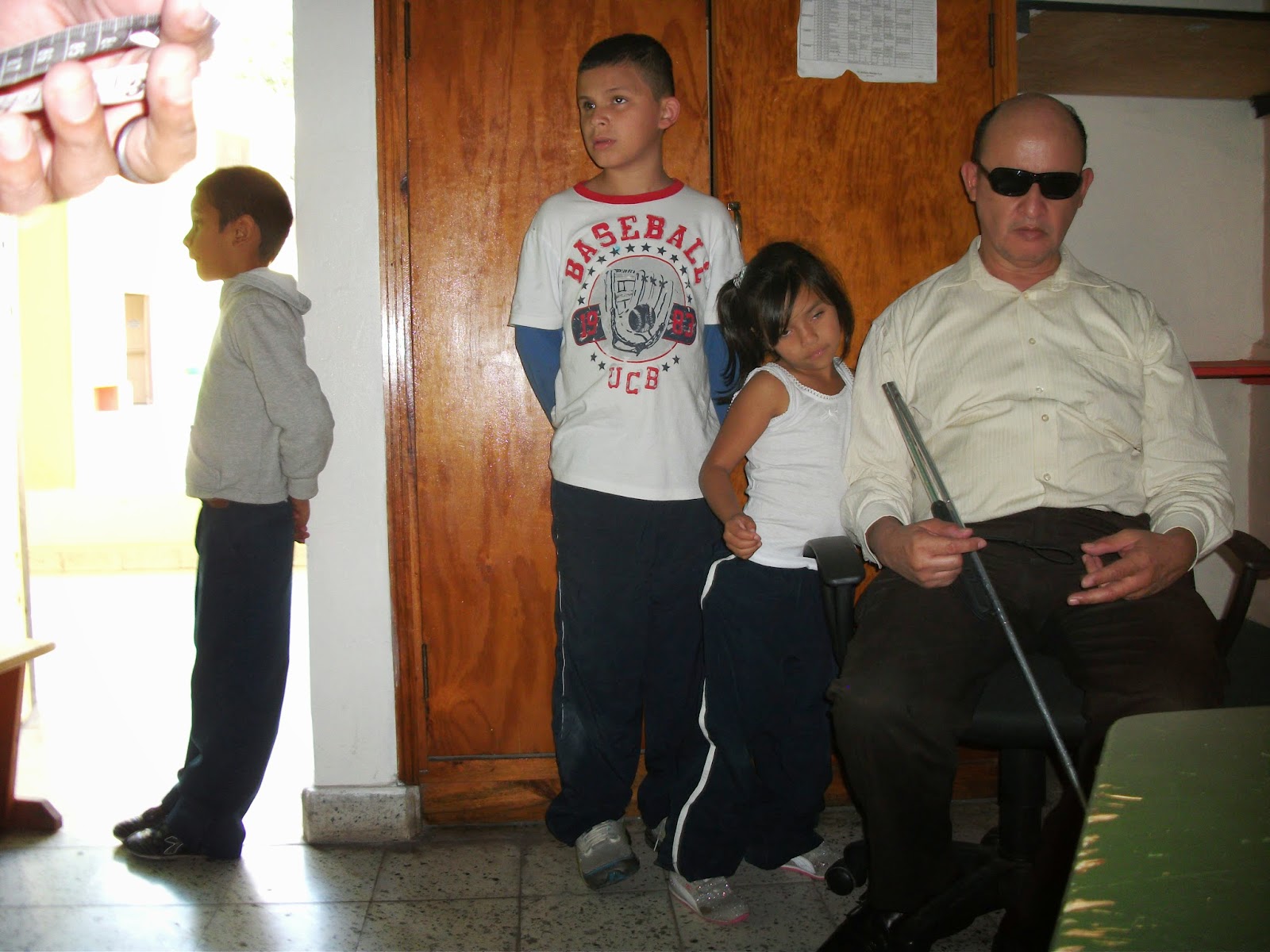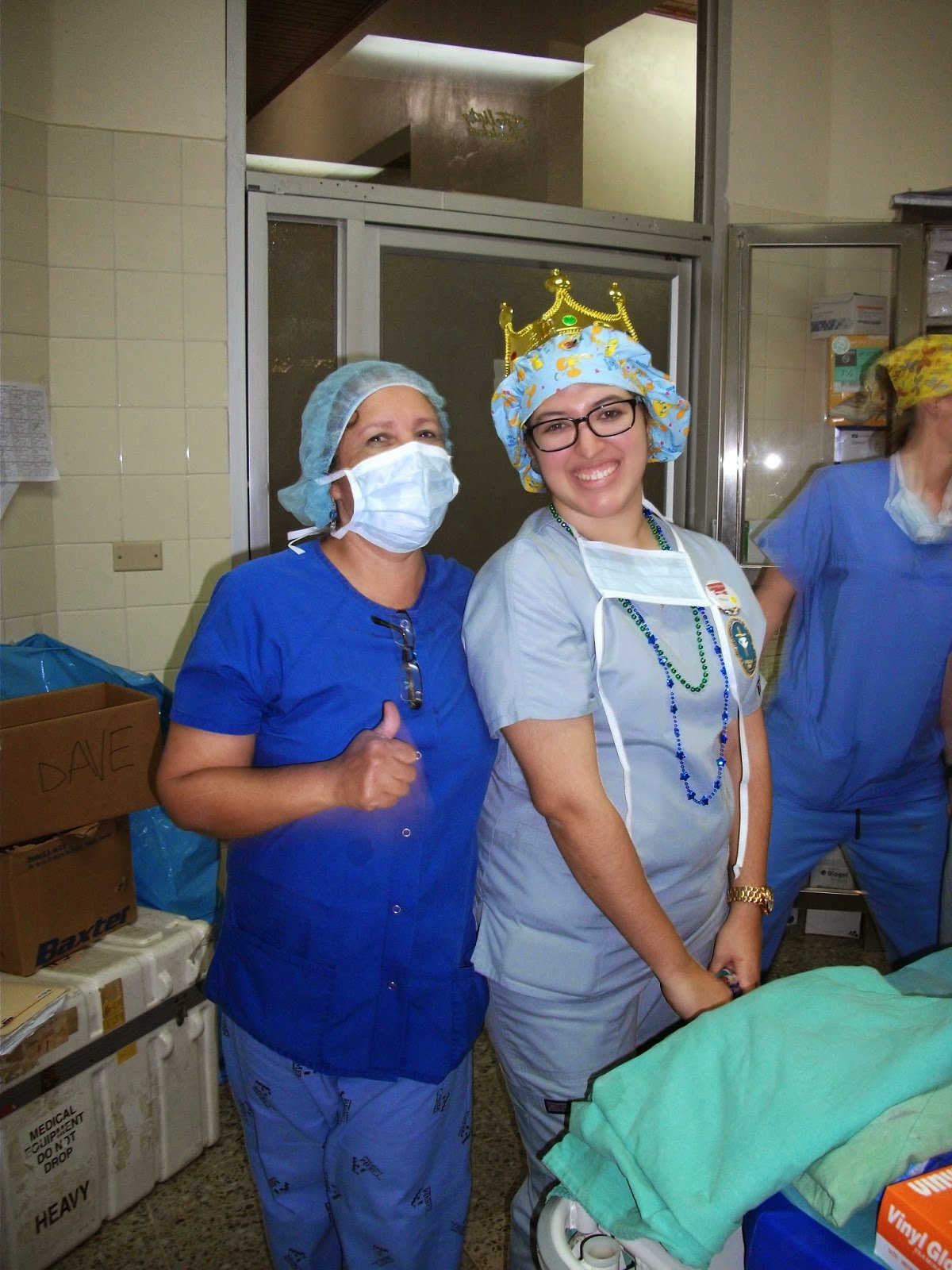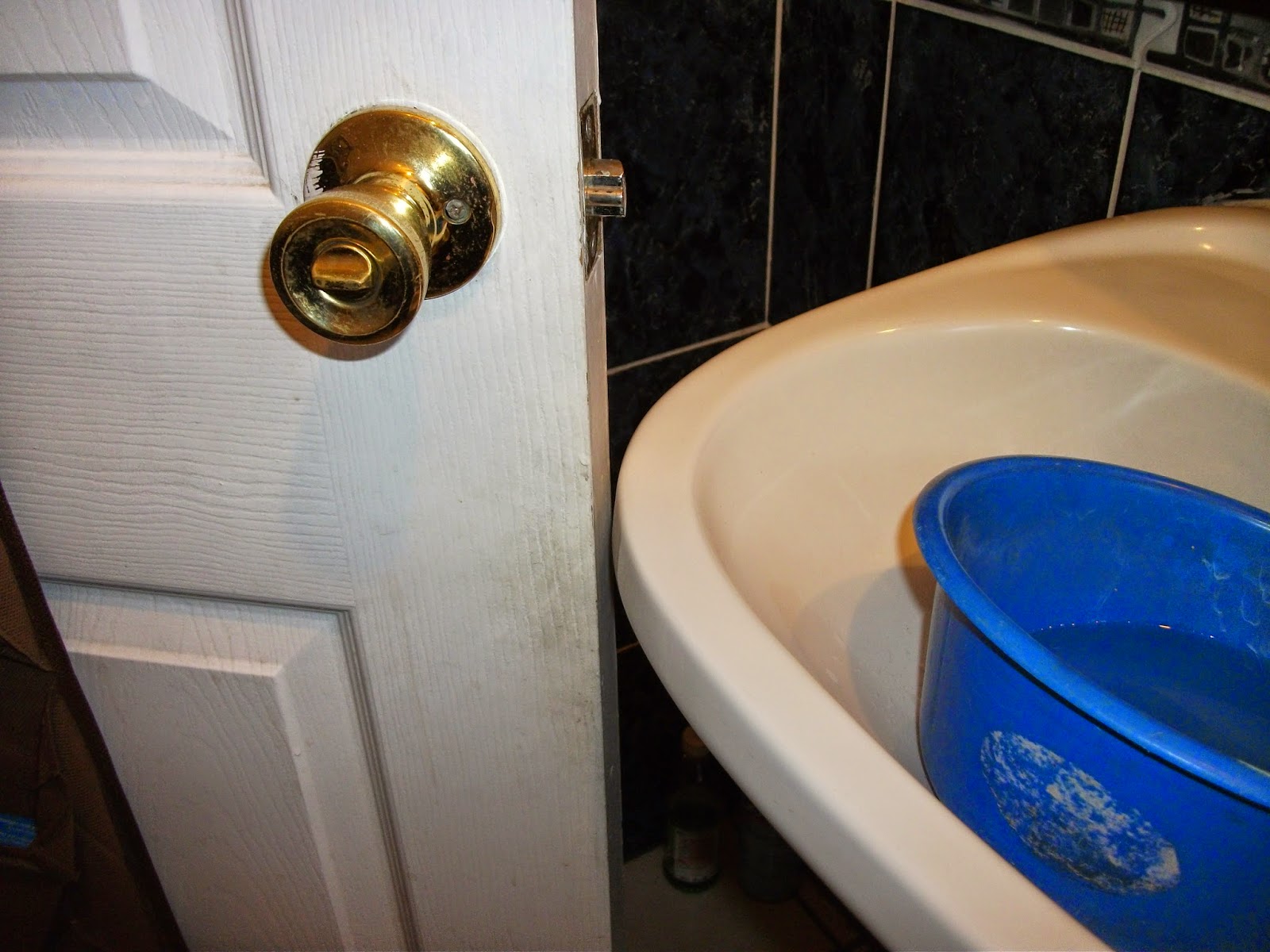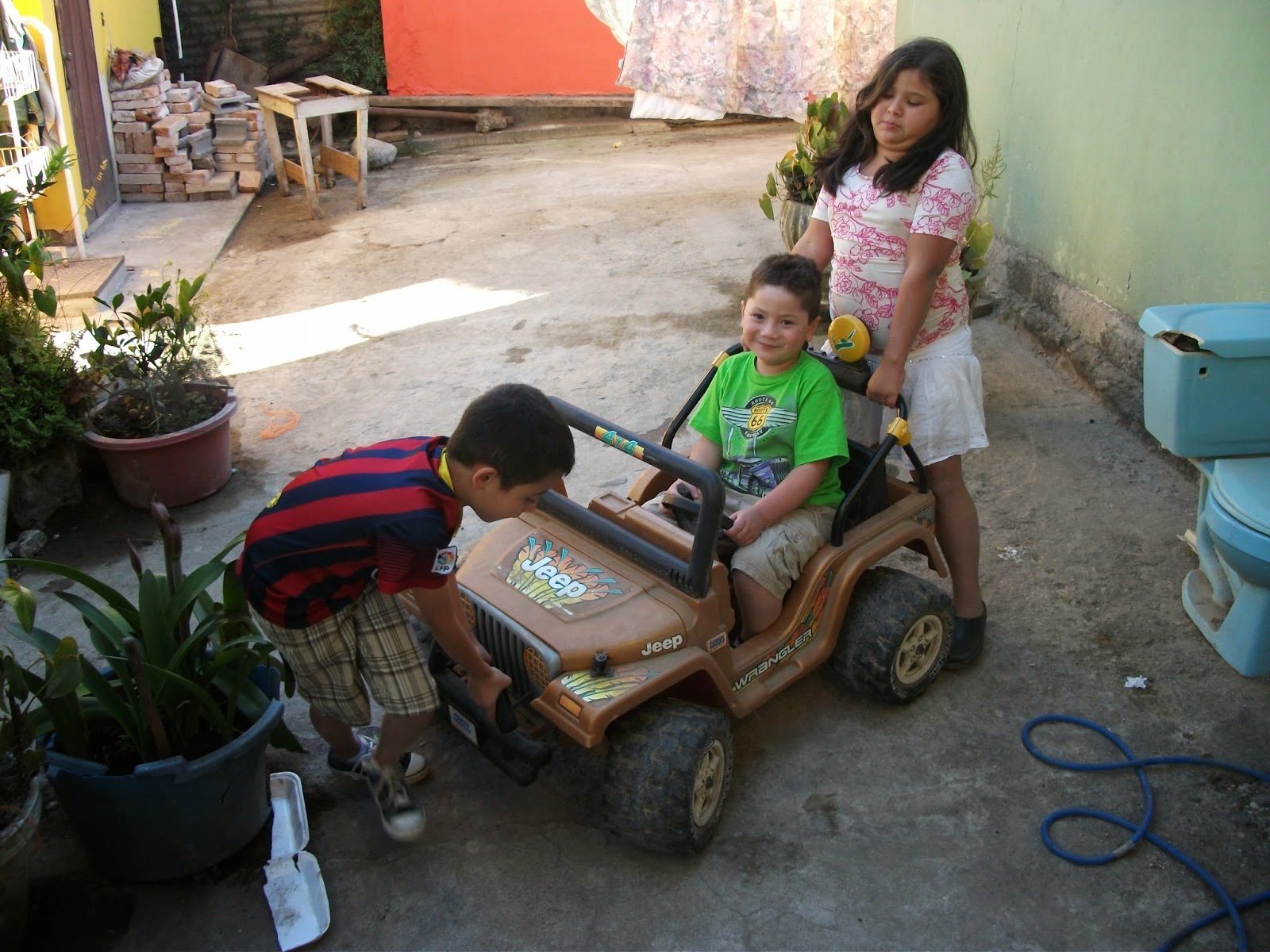Stopping as usual in south Florida on my return, now with just a carryon bag and feeling marvelously unencumbered compared to when I'd left, I enjoyed the sunshine and mild weather, with temps getting up above 80 F by afternoon, but falling into the high 60s during the night. I gave a pre-arranged talk about my latest book, Confessions of a Secret Latina: How I Fell Out of Love with Castro & In Love with the Cuban People, in Spanish (which turned out to be easier than I had expected for a book written in English) at the U. of Miami Coral Gables campus and was interviewed afterward, also in Spanish, by a local radio station. The interviewer was especially interested in my Huffington Post piece promoting Peace Corps in Cuba http://www.huffingtonpost.com/barbara-e-joe/peace-corps-in-cuba-you-h_b_6581182.html. Because I had been speaking Spanish non-stop during the previous 3 weeks, it flowed easily off my tongue. As an afterthought, with only 2 days notice, I also gave a talk in English about the same book at the Del Ray Beach public library, where a few years ago, I had spoken about my first memoir, Triumph & Hope: Golden Years with the Peace Corps in Honduras. Because of such short notice, that talk did not have a very large audience. My special guests at both these talks were two men profiled in my Cuba book: poet-philosopher Jorge Valls, a 20+ year political prisoner in Cuba in whose release I had participated in 1984, and Armando Hernandez, whose hereditary and potentially fatal kidney disease was not being treated in Cuba, so I brought him to the US via Mexico in 1998, as per my book. Now he is able to get his meds for his rare condition free of charge from the manufacturer. Another guest in Del Ray was Brenda, a longtime friend, editor, and former neighbor of my late son Andrew living in Ft. Lauderdale.
But if I had a successful and relaxing visit to south Florida, my flight back to Washington, DC, occurred on Thurs. March 5, which, unexpectedly, turned out to be the day of heaviest snowfall there during the entire winter. Four flights to DC on American, my carrier, were cancelled before my afternoon flight, which boarded passengers, then left us sitting for 4 hours on the tarmac while a mechanical problem was being addressed, not an optimistic prospect. We didn't know if we would be able to take off or not, though the captain invited anyone who wanted to get off to do so and take the next available flight without penalty, though, he warned, probably not until Sat. Most passengers stayed put, while standbys took the seats of the few who left. Babies cried, kids ran up and down the aisles, the bathrooms became gross. No food or drink was served, but my hosts had made me a couple of sandwiches, which I was delighted to be able to consume. Finally, we took off and arrived in DC 3+ hours late, only to be delayed deplaning in DC because the wrong jetway had been brought out, so another 45-minute delay was needed to right that. I had been expecting my daughter Melanie to pick me up, but couldn't find her and wondered if she had checked the arrival time with the airline. When I called her, I found she had not left her house nor had she and her daughter gone to work that day because of the snow. I found no taxis nor were many cars passing by the airport, whose roads had not yet been plowed because the snow had only recently stopped falling. Fortunately, the metro was still running and when I got off at my stop, there was nothing more to do than set out in my sandals and thin jacket (I cannot be carrying around a heavy jacket on Honduran buses) pulling my carryon behind me. I walked out into the street, which was not yet plowed, but the snow had been somewhat packed down by passing cars, of which there were few actually using the street. A young couple from Arizona, out enjoying their first snowfall after just moving to DC, walked along with me to my house where, miraculously, the steps and front walkway had been shoveled, so that was a nice surprise. The 3 young women who had been living with me had all moved out after the bedbug fiasco, but my house was left in disarray with beds stripped and missing pillows and bedding. I am expecting overseas visitors soon, so must put it all in order. Meanwhile, I was very glad to be home.
The photos are one at dinner at the home of Armando, my Cuban kidney patient friend, in Miami and one of me explaining items about Honduras and Cuba on a table at the library book talk. The others show the snow the next morning after my arrival. Thank goodness, the weather has warmed up since and all the snow has melted. I've started back to my interpretation work, so am beginning to readjust to normal life. My Honduras adventure was slightly shorter this time because the IHS brigade to villages around La Esperanza was cancelled because of a lack of volunteers--people are rightly wary of sacrificing time and money to go to such a dangerous country as Honduras. If you want the whole story of my trip, you will have to work your way back from here. Given the option, go to "Older posts" to the lower right of the narrative. Or, preferably, go back to 1st Honduras trip report (March 13) and read chronologically through 1, 2, and 3 to get this posting #4 at the end.
Friday, March 13, 2015
2015 Honduras trip Post # 3: Blind School, Operacion Sonrisa
Above are only photos I was able to take at the residential school for blind children because guys who had taken photos of kids before were using them to beg for money on buses, hence the prohibition. Children eat with their fingers, girls sitting with girls, boys with boys. The girl in a pink shirt is Maria Lourdes (see section on blind school in my Honduras book). The three kids in the bottom photo are learning conversational English from their blind teacher, who had lived in the US and was pretty fluent. In upper left is a music poster.
The Operation Smile brigade took place at San Felipe public hospital in Tegucigalpa, where I used to take young patients when I was a Peace Corps health volunteer in Honduras. My role was as an interpreter, entertainer of kids waiting for surgery, and food server for visiting surgeons, mostly from the US, but 2 from Brazil this time, and a couple of Honduran surgeons as well. We also took food over to out-of-town relatives staying at the hospital shelter (where I sometimes stayed with my patients when I was a volunteer--sleeping on plastic-covered cots all lined up in a row--women and children in one section, men in another). The incidence of congenital lip/palate malformations seems to be diminishing among Honduran newborns, indicating that the message of maternal nutrition, especially folic acid, is getting through. But many kids who already had surgery at younger ages needed follow up, for example, lip surgery (easier) may have been done previously, but not (harder) palate surgery. For kids 15 and older needing only lip repair, sometimes this was done without general anesthesia. Those waiting to be evaluated included a mother and son both with lip/palate problems--was that due to heredity or nutrition? Five children were always being operated on at once, 3 in one operating room, 2 in the other, for 150 surgeries in all during a week. First, the patients were evaluated. Then they waited their turn and fasted during the day while being entertained with toys. One adult could enter the waiting room with each child, but other family members waited out in the hall. In a hospital patio, a mobile unit had become a fixed structure. I also visited my friends at the hospital occupational therapy department (2 patients are seen doing hand exercises I the first photos I will attempt to post) and gave them some medical items. At the eye clinic, I donated Rx glasses. You can see how hospital records are kept.. The check for $6,750 (dollars) from a Honduran group in NJ is for "27 smiles." Honduran volunteers with the program for the last 15 years have told me they've never lost a patient from either anesthesia or infection, a pretty good record, especially since other surgical teams go to other parts of Honduras during the year, so hundreds of kids have operations each year under less than ideal circumstances. Can you imagine a non-medical person like myself allowed into the operating room of a hospital here and allowed to take photos? No, you cannot, and I am witness to that in my work as a Spanish hospital interpreter in DC. No medical lawsuits that I know of in Honduras--patients are just glad to get care which, in the case of Operation Smile, is free. The final posting in this series will be about my return home after Honduras.
Occupational Therapy above, Operation Smile below
Trip post 2--Honduran bathrooms, La Esperanza, Yamaranguila
Tried to post this last time, but it was rejected, so here goes.
Honduran bathrooms are the bane of my existence! Toilet paper must never be put into the toilet and the electroducha (scary electric showerhead water heater with homemade wiring). Sinks are not well positioned or engineered—note one faucet, for cold water only, still better than a latrine and an open-air water pila.
Next photos are from La Esperanza, including of Luis Knight and family, Dona Chunga and her market clothing stall (reference: my Honduras book) with a little kitten visitor, dogs that blocked my way between houses (though they look quiet here, if I opened that gate, they immediately rose up barking and baring teeth), passed-out drunk guys on the sidewalk are a common Esperanza sight, eggs are not cleaned with chemicals and are never refrigerated, round soaps are for rubbing over clothes to wash them, busty clothes' dummy, Yarmaranguila recipients of walker and wheelchair identified by Esperanza Red Cross. Attended La Esperanza evangelical church--see children's choir.
Honduran bathrooms are the bane of my existence! Toilet paper must never be put into the toilet and the electroducha (scary electric showerhead water heater with homemade wiring). Sinks are not well positioned or engineered—note one faucet, for cold water only, still better than a latrine and an open-air water pila.
Next photos are from La Esperanza, including of Luis Knight and family, Dona Chunga and her market clothing stall (reference: my Honduras book) with a little kitten visitor, dogs that blocked my way between houses (though they look quiet here, if I opened that gate, they immediately rose up barking and baring teeth), passed-out drunk guys on the sidewalk are a common Esperanza sight, eggs are not cleaned with chemicals and are never refrigerated, round soaps are for rubbing over clothes to wash them, busty clothes' dummy, Yarmaranguila recipients of walker and wheelchair identified by Esperanza Red Cross. Attended La Esperanza evangelical church--see children's choir.
Subscribe to:
Comments (Atom)




















































